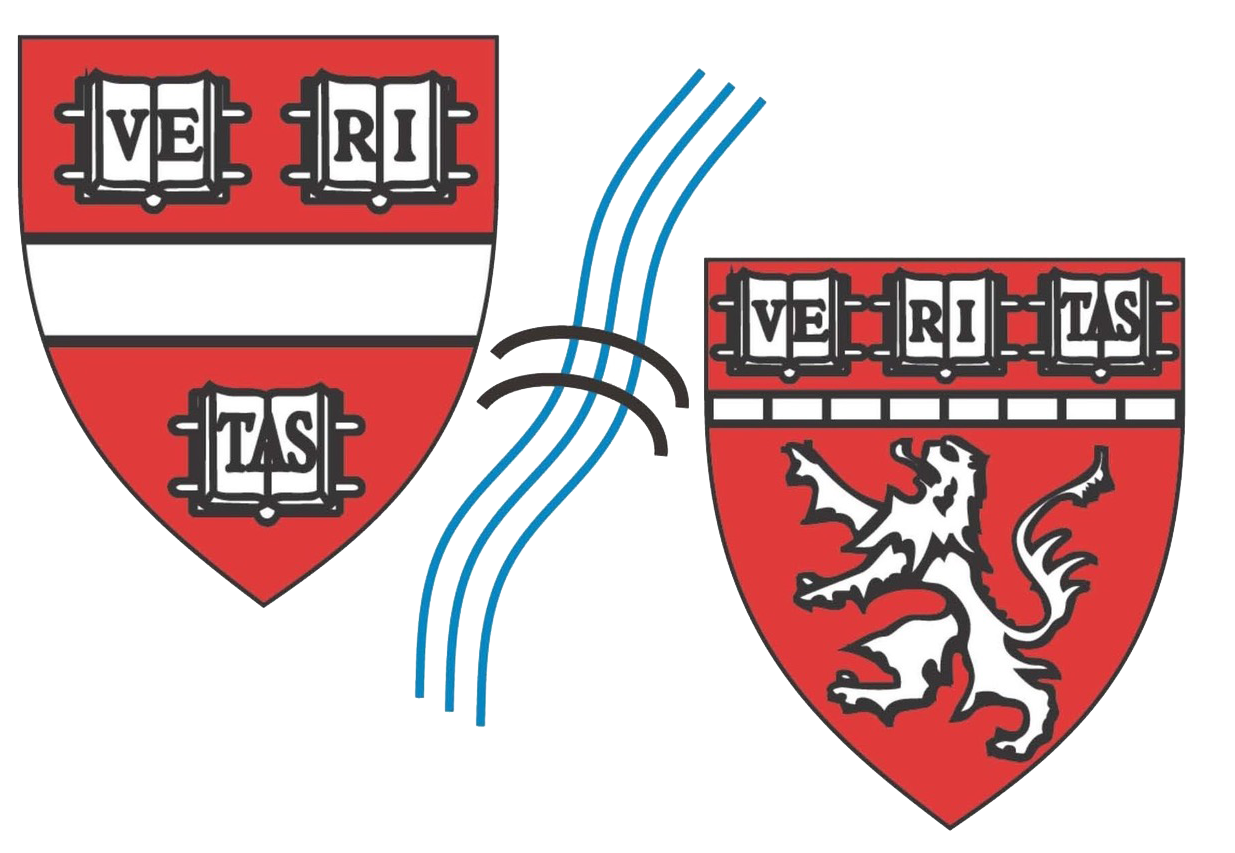Diversity, Inclusion & Belonging in the Biophysics Community
The Harvard Biophysics Program is committed to making access to academic and research training available to students from all backgrounds, to supporting students who are part of historically marginalized and oppressed communities to reach their full potential as independent scientists and scholars. We believe that a just society is only possible when people of all backgrounds and identities are equally respected and represented in the roles and positions that will impact their lives, health, and well-being. We believe that true equity can only be achieved when the power of decision-making and setting policy is shared across members of diverse groups, and requires providing education, support, training, and opportunity to those for whom such privilege and access to opportunity has been historically blocked or denied.
The Harvard Biophysics Program strongly believes in the role of education as an important equalizer, to open up opportunity in areas of society that include and also go beyond the walls of the academic institution. We believe that academic institutions, including our PhD program, have a responsibility to play an active role in increasing diversity, equity, and inclusion.
The Harvard Biophysics Program does not discriminate against applicants or students on the basis of race, color, national origin, ancestry or any other protected classification.
FEATURED ALUMNI & EVENTS:
Dr. Dan Chonde is a Physician, Radiology Resident, and Co-Chair of the Massachusetts General Hospital Department of Radiology Diversity and Inclusion Committee on education. He is also Director of The Peoples' HeART, a collaboration between healthcare workers, community groups, and artists aimed at reimagining clinical spaces -from waiting rooms to websites- so they welcome marginalized people.
